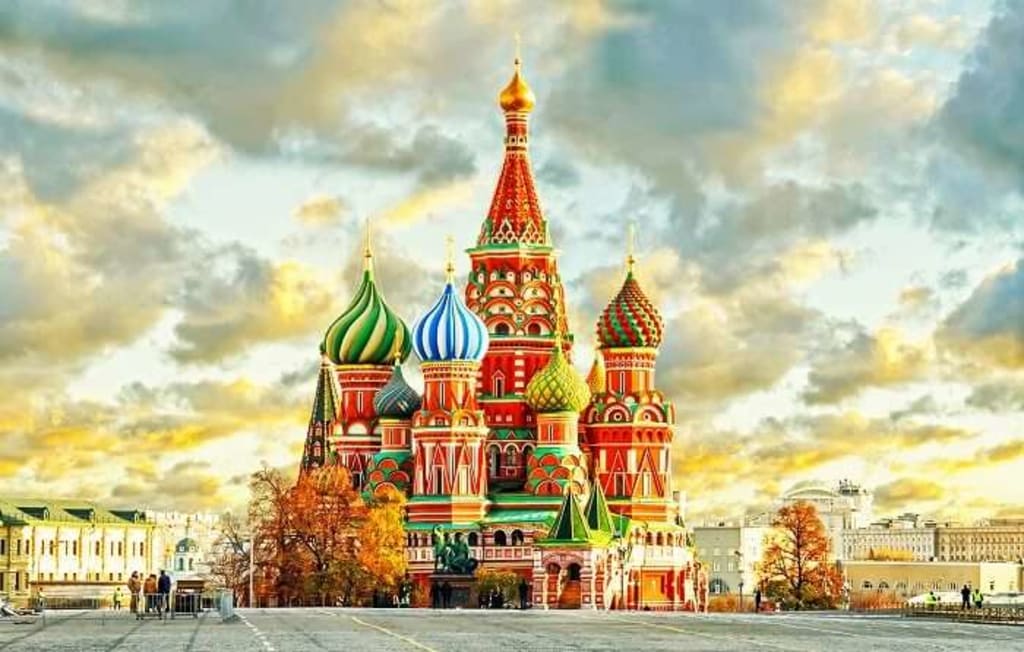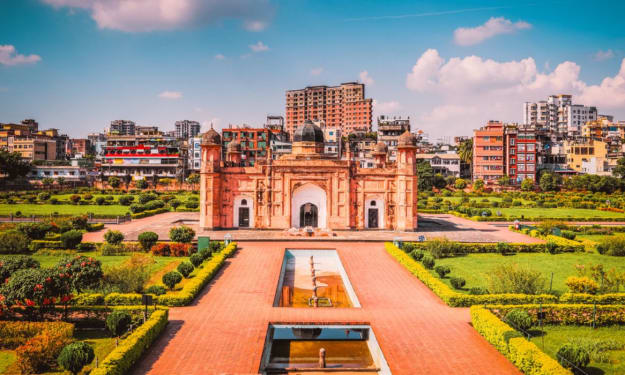"Russia's Riches"
"An Insight into Russia's Education System and Political Landscape in the Post-Soviet Era"

Russia is a vast country with abundant natural resources. It is the world's largest country in terms of land area and has a rich and diverse range of natural resources, including oil, natural gas, coal, timber, minerals, and precious metals.
Russia is the world's largest producer of crude oil and natural gas, and these resources are the backbone of the Russian economy. Russia has extensive oil reserves, with estimates of up to 80 billion barrels, and it is the second-largest producer of oil after the United States. The country is also rich in natural gas, with the largest reserves in the world.
Apart from oil and gas, Russia has significant reserves of coal, which is used for power generation and industrial purposes. The country is also rich in timber, with vast forests covering around half of its land area. Russia is the world's largest exporter of timber and is home to many valuable hardwood species.
Russia also has abundant reserves of minerals, including iron ore, nickel, copper, platinum, and diamonds. The country is among the world's leading producers of these minerals, and they are essential for the country's industrial development and export revenues.
In addition to natural resources, Russia is also a major producer of agricultural products, including wheat, barley, and other grains. The country has vast farmland, and agriculture is a significant contributor to the country's economy.
Overall, Russia's natural resources are a vital component of its economy, and they play a significant role in shaping its foreign policy and international relations. The country's vast reserves of oil and gas, in particular, give it significant geopolitical influence and are a key factor in its relationships with other countries.
Minerals: Russia has vast reserves of minerals, including copper, zinc, lead, tin, tungsten, and molybdenum. The country is the world's largest producer of nickel and palladium and is among the leading producers of other precious metals, such as platinum and gold.
Timber: Russia has some of the world's largest and most valuable forests, covering more than 800 million hectares. The forests are a vital source of timber, wood products, and pulp and paper. Russia is also home to many rare and valuable hardwood species, such as oak, birch, and ash.
Water resources: Russia has abundant water resources, including many rivers and lakes. The country's major rivers, such as the Volga, Ob, and Lena, provide irrigation for agriculture, hydroelectric power, and transportation.
Energy resources: In addition to oil and gas, Russia has significant reserves of other energy resources, such as coal, hydropower, and nuclear power. The country is among the world's leading producers of coal, and it has significant hydropower potential, particularly in Siberia.
Agriculture: Russia has vast agricultural land, which is mainly used for wheat, barley, and other grains. The country is among the world's leading producers of wheat, and it also produces significant quantities of other crops, such as sugar beets, potatoes, and sunflowers.
Rare earth metals: Russia is home to significant deposits of rare earth metals, which are essential for many high-tech industries, including electronics and renewable energy. The country has been increasing its production of rare earth metals in recent years, with plans to become a major global supplier.
Overall, Russia's natural resources are diverse and abundant, and they play a vital role in the country's economy and global standing. However, Russia's economy remains heavily dependent on its energy exports, which can make it vulnerable to fluctuations in global oil and gas prices.
political system:Russia is a federal semi-presidential republic, where the President is the head of state and the Prime Minister is the head of government. The President has significant executive powers, including the ability to appoint and dismiss government officials and to veto legislation passed by the parliament. The parliament, known as the Federal Assembly, is composed of two chambers: the State Duma (lower house) and the Federation Council (upper house).
Russia's political system has undergone significant changes since the collapse of the Soviet Union in 1991. The country has gradually moved towards a more market-oriented economy and a more democratic political system, although there have been concerns about the state of democracy and human rights in Russia in recent years.
education:In terms of education, Russia has a strong tradition of academic excellence and has produced many notable scientists, mathematicians, and writers over the years. The country has a comprehensive education system that includes primary, secondary, and higher education. The education system is overseen by the Ministry of Education and Science and is generally regarded as being of a high standard.
The literacy rate in Russia is high, with nearly 100% of the population being able to read and write. However, there are concerns about the quality of education in some areas and the high level of corruption in the education system. In recent years, the Russian government has taken steps to modernize and improve the education system, including increasing investment in research and development and promoting innovation in teaching and learning.
About the Creator
Reader insights
Nice work
Very well written. Keep up the good work!
Top insights
Easy to read and follow
Well-structured & engaging content
On-point and relevant
Writing reflected the title & theme





Comments
There are no comments for this story
Be the first to respond and start the conversation.